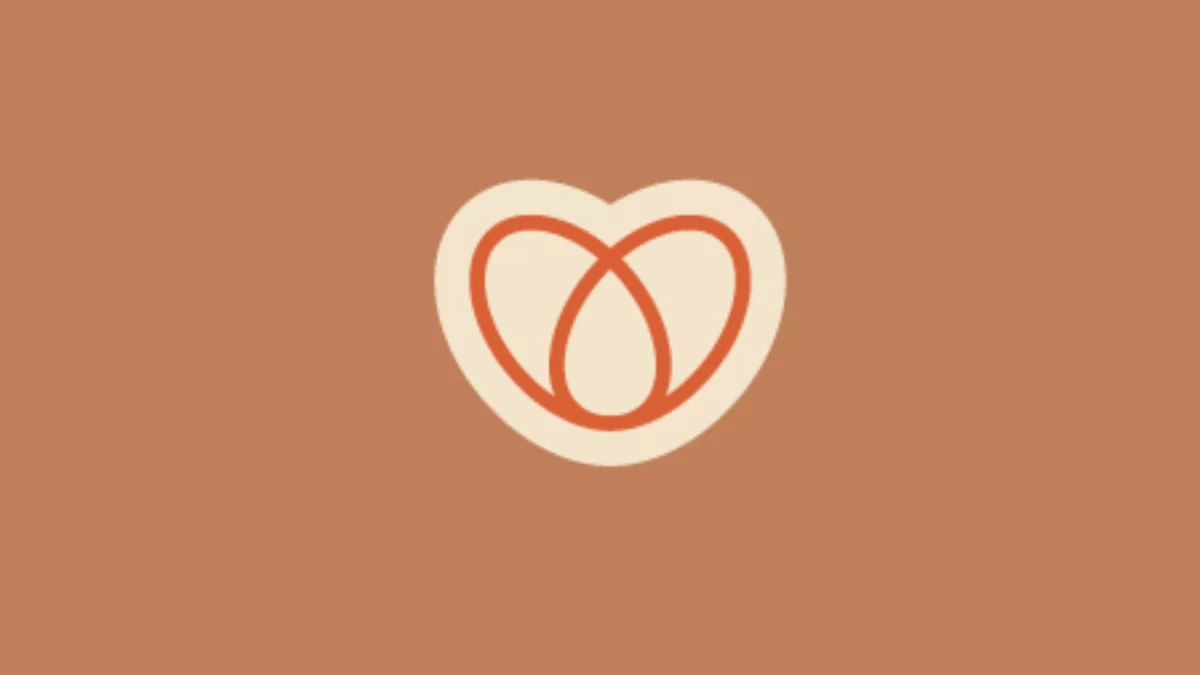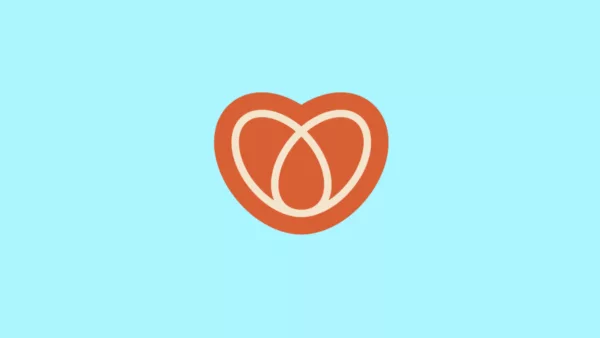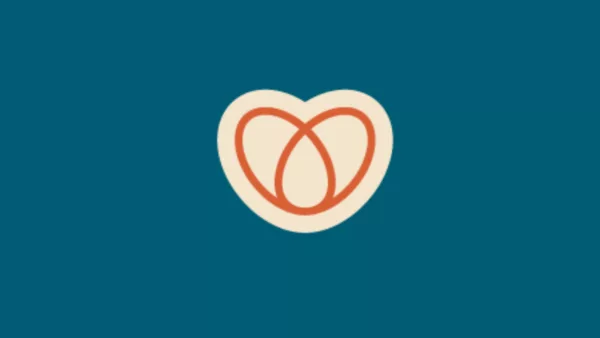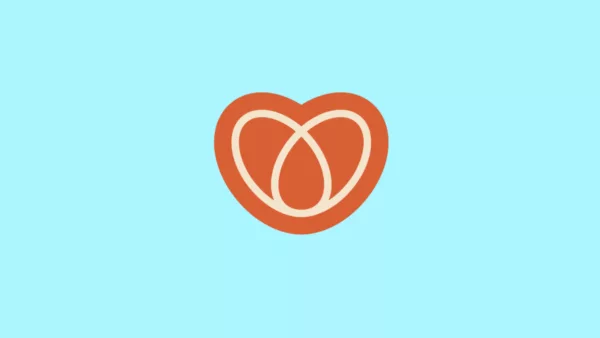My husband and I were first offered information about the fertility clinic approximately 2 years after a miscarriage. We had a lot of mixed emotions and even wondered why we were not so fortunate to be blessed with one child, especially when you hear about so many neglected children in the news.
We applied for public funding and were not eligible until 2010. My husband had a low sperm count and I had no problems at all, therefore we were accepted due to the fact that we had been trying for five years with no success. It seemed like a lifetime to wait. I know sometimes Māori can tend to feel uncomfortable with public funding, but I can assure you that at no stage at all were we made to feel uneasy or less eligible for treatment.
I was very happy to finally get the call from the fertility clinic to let me know that my IVF treatment was to start in June 2010. The procedure was very quick once started. The hormonal drugs did have a few side effects for me, but we were always well informed of what to expect. It is a very emotional time and I found the best way for my husband and I to get through was to let my husband know how I was feeling. Although the female is the one who has to take all the drugs and cope with the side effects, I found my husband feeling helpless and wishing he could do more.
Through my IVF cycle the Fertility clinic staff were very helpful and supplied plenty of information for what I was to expect next. My husband and I managed to fertilise 8 eggs out of 12. We were informed of the condition of these embryos and were told that we had one that was growing nicely which was chosen to be transferred into the uterus. We were advised that the other embryos did not make it to blastocyst stage which did give me a slight feeling of emptiness. The clinic staff once again was very informative and advised us of the options we could take with these embryos.
The rest of the procedure was pretty straightforward and took a lot of patience. I found myself counting down the days just to hear ‘Yes, congratulations you are pregnant’, one of the happiest days of our lives.
The fertility clinic continued to be very supportive with regular monitoring of the pregnancy which made me feel a lot more confident about not having to face another miscarriage. My personal view, being Māori, found that the fertility clinic staff were always warm and understanding which made us feel confident in all our decision making. I was very comfortable and asked a lot of ‘what if’ questions which were always answered with all possible outcomes. My husband and I are very grateful to finally be blessed with our baby thanks to the help of all the staff at the fertility clinic.






